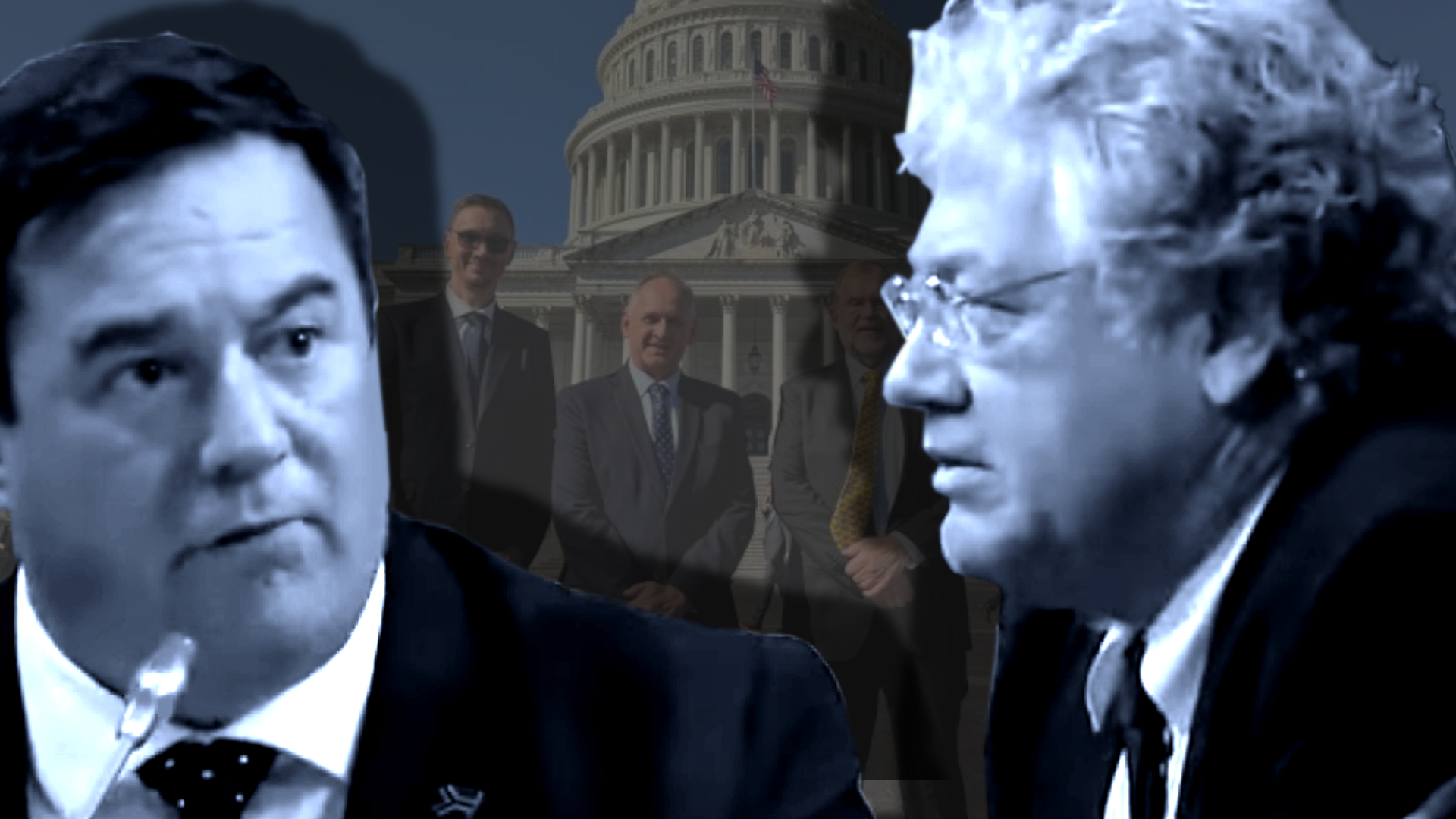President Cyril Ramaphosa and Siviwe Gwarube, South Africa’s Minister of Basic Education, have been served with legal notices over the promulgation of the contentious Bela Act. The act, which governs language and admissions policies in schools, has drawn criticism from civil society groups for its perceived disregard of procedural requirements and its potential impact on mother-tongue education.
The organizations Solidarity, AfriForum, and the Solidarity School Support Centre (SOS) announced on Thursday that they had issued letters of demand to both Ramaphosa and Gwarube. The move follows Ramaphosa’s proclamation of the act on December 20, with a formal notice published in the Government Gazette four days later. Critics argue that this step was taken without the requisite norms and standards recommended by Gwarube herself.
The organizations allege that the president and minister acted irrationally, citing the absence of guidelines to implement the act’s controversial provisions. Ramaphosa and Gwarube now have ten days to either address the concerns raised or face legal action to invalidate the proclamation.
Werner Human, operational head of Solidarity, questioned the decision to promulgate the law in full. “Such an administrative decision cannot be made lightly. It must be grounded in rationality, reasonableness, and other legal principles,” he argued.
Dr. Dirk Hermann, Solidarity’s CEO, suggested that Ramaphosa had bowed to political pressure. According to Hermann, the president disregarded his minister’s recommendation to delay implementing the act’s contentious clauses. This, he said, placed Gwarube in an “impossible position,” as she co-signed the proclamation notice despite her earlier reservations.
Kallie Kriel, CEO of AfriForum, went further, describing the move as “an act of aggression" against mother-tongue education and Afrikaans schools. Kriel also warned of broader implications for South Africa’s government of national unity (GNU), suggesting that the decision risks transforming it into a “government of national discord.”
The act’s most controversial sections—clauses 4 and 5—relate to language and admissions policies. Solidarity, AfriForum, and SOS have indicated that they may challenge the constitutionality of these provisions but would prefer to avoid litigation if a settlement can be reached.
The organizations intend to play an active role in the development of norms and standards for the act, a process expected to take 12 to 18 months. Dr. Hermann underscored that any legal action would focus on ensuring these clauses are not implemented prematurely.
The matter has also drawn attention to the presidency’s role in earlier negotiations at the National Economic, Development, and Labour Council (Nedlac). Hermann cited records showing the presidency’s delegation had full authority to negotiate and sign agreements on Ramaphosa’s behalf, raising questions about the alignment of those commitments with the recent proclamation.
As tensions mount, the Bela Act serves as a flashpoint in South Africa’s debates over education, language rights, and the balance of power within its coalition government. The outcome of this legal battle could have far-reaching implications for the country’s political landscape.

After being offered an opportunity by MP Wynand Boshoff to walk back his previous comments, Steenhuisen continued to insist on AfriForum's responsibility